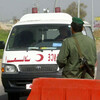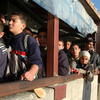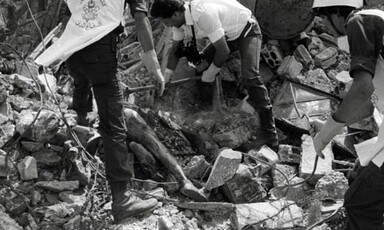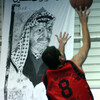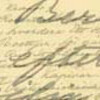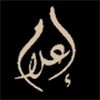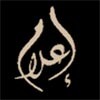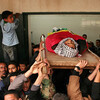
Human rights groups condemn "targeted assassinations"
10 February 2006
Human rights groups based in the occupied Palestinian territories are concerned regarding the intensified Israeli campaign of “targeted assassinations” of Palestinian activists. In an open letter to diplomatic missions they stated that the policy of “targeted assassination” “not only circumvents the fundamental right to due process but also risks the further destabilisation of an already volatile political situation.” With ten Palestinians killed in the last five days the human rights groups call on the international community to demand an end to the illegal Israeli practice and to ensure the respect of international humanitarian law. Read more about Human rights groups condemn "targeted assassinations"
